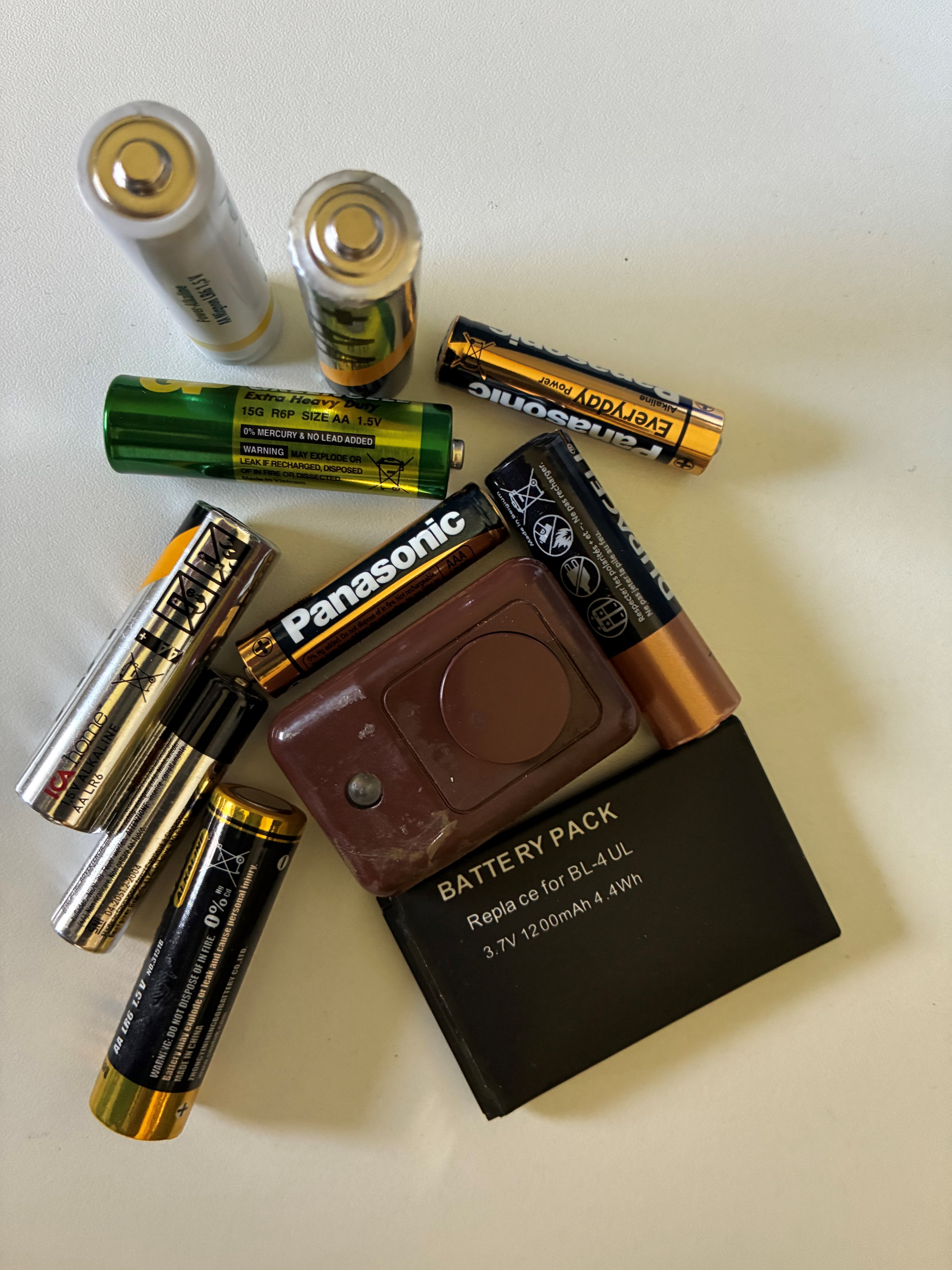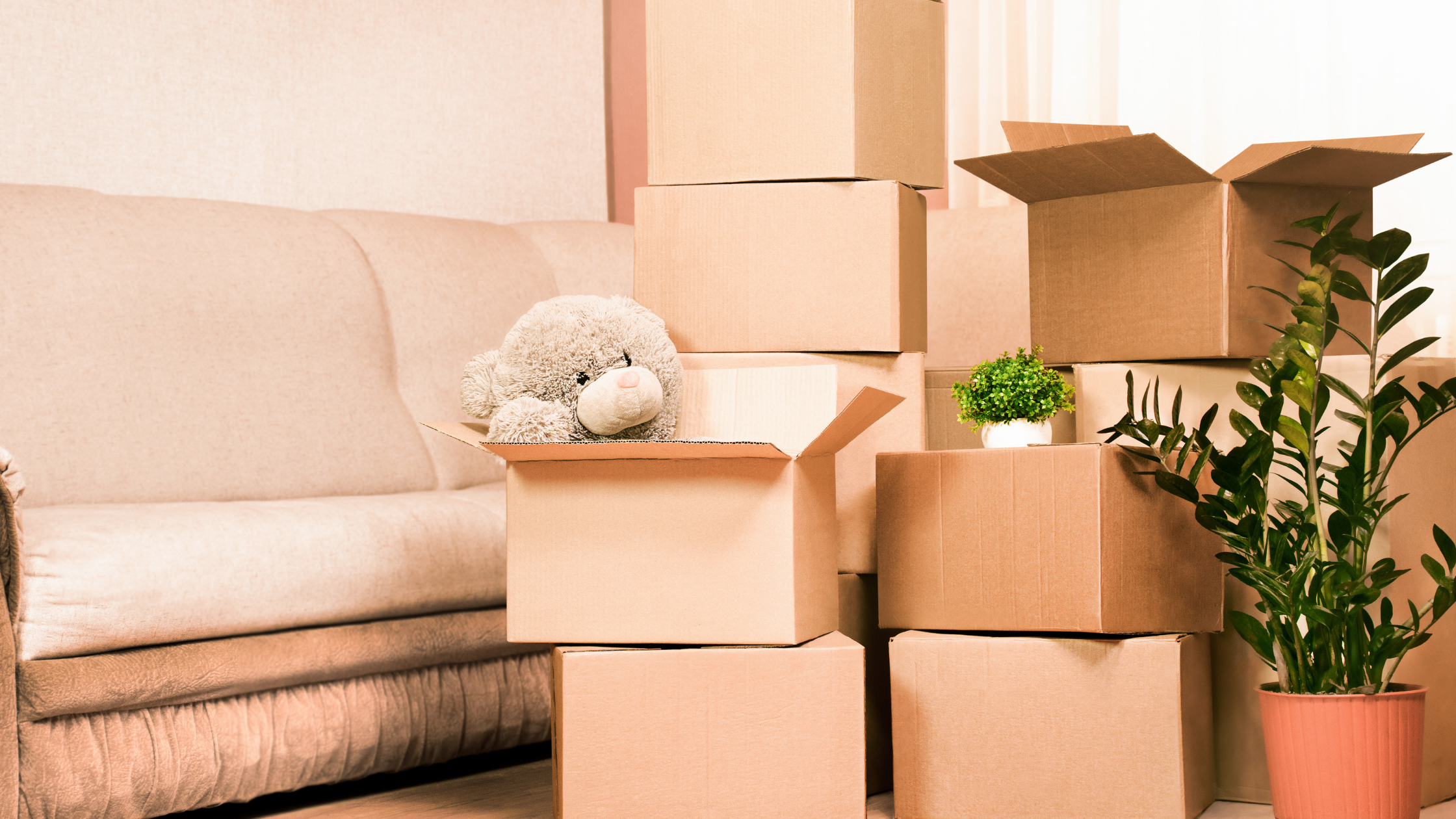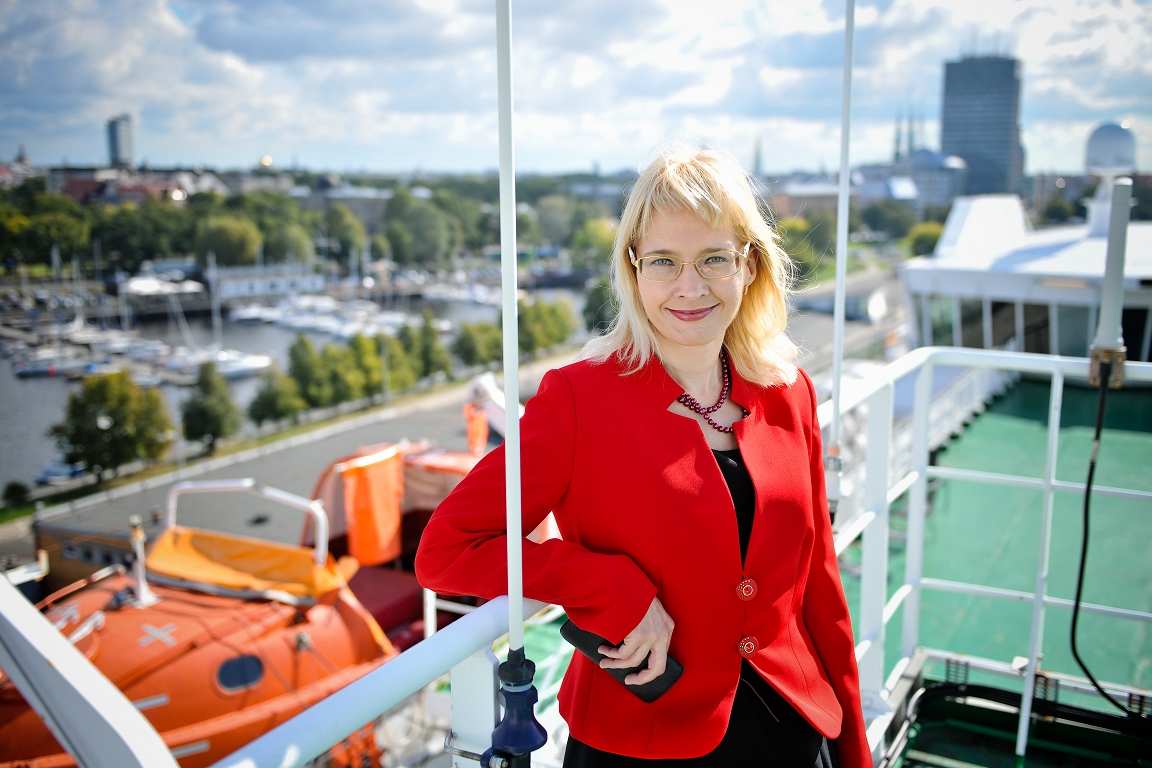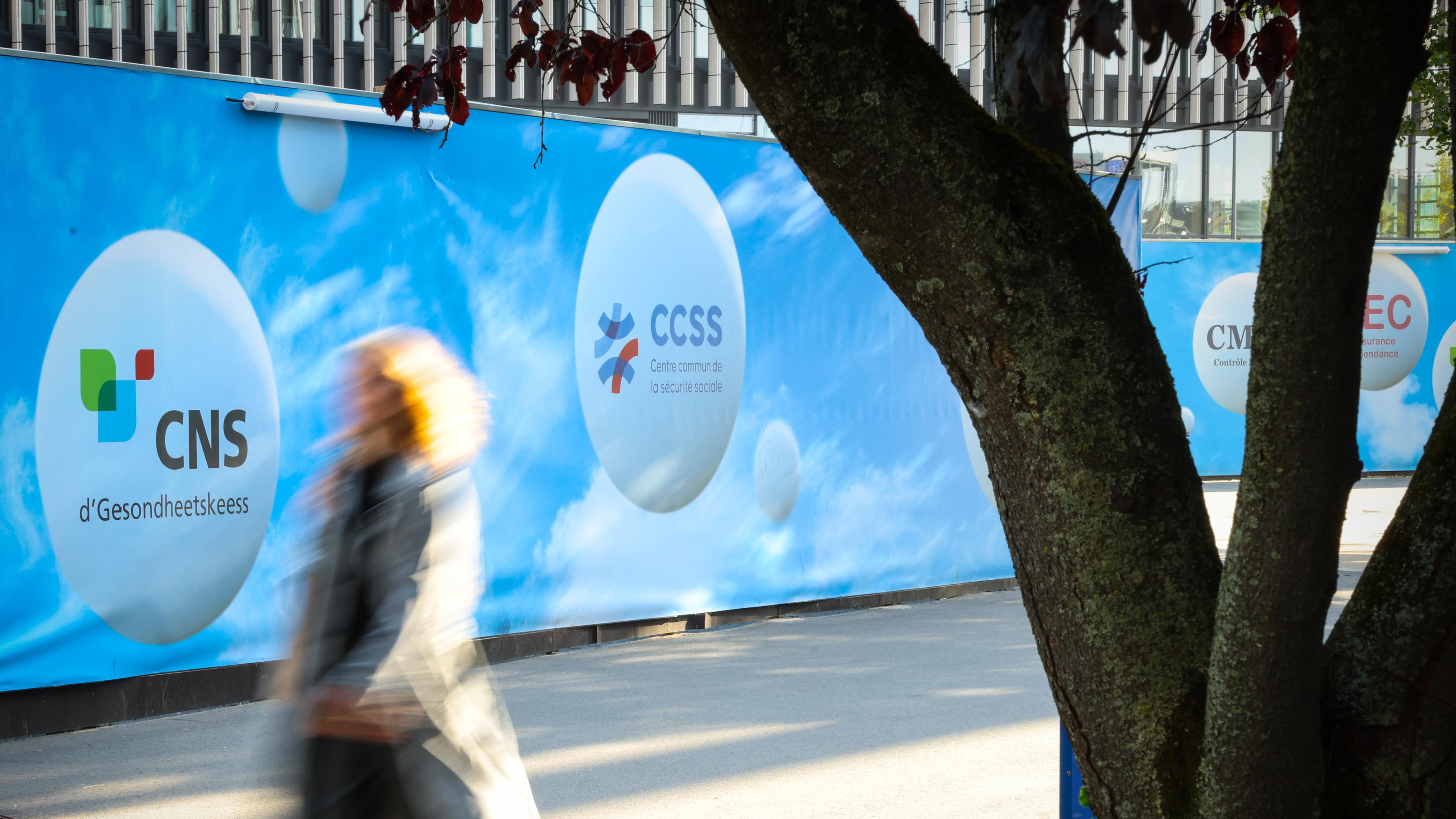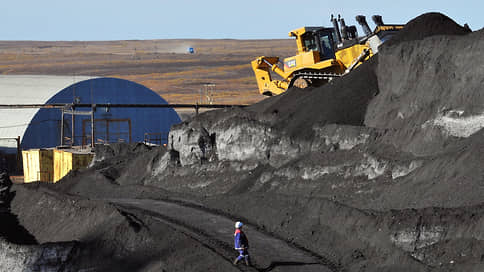The future is born in Kaunas: will a person be able to fly?
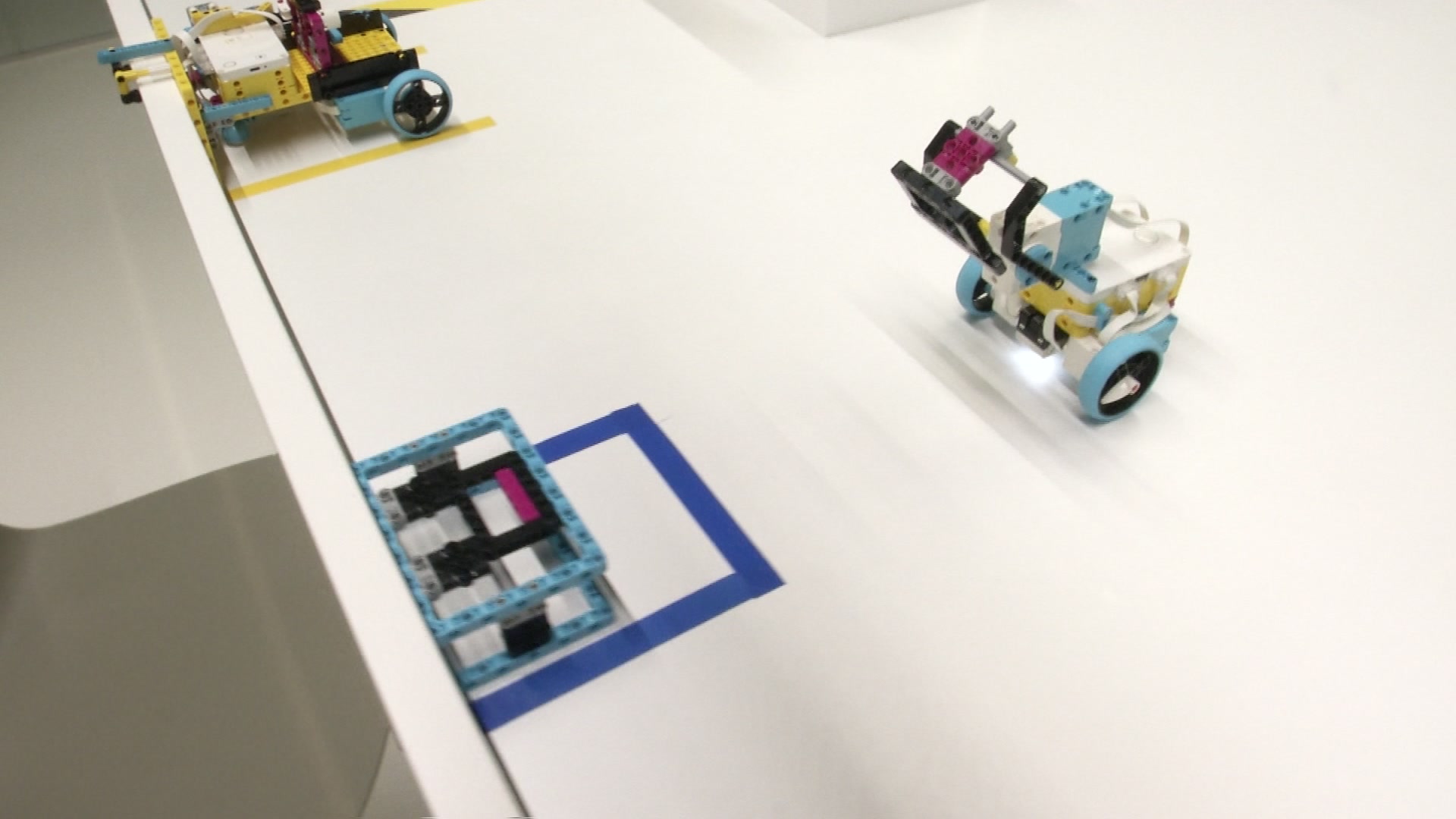
Kaunas Science Island Steam Center is an innovation factory where students from freshman to gymnast can become small engineers, physicists, or even future Elon Musk competitors.
The scientist says it is a future laboratory. For example, it touches the lemon and starts to drive the car.
« We will explore with them where their fantasy will take me when they see the phenomena that many have not seen in reality. Our desire is to light up creativity, » said physicist Artūras Karpavičius.
In another laboratory, even more incredible. Children will try to overcome Mars to walk on the ground.
« To try ourselves in the Logistics Center’s operations position, we will also try to move to Mars and look for a variety of motor tools to move on the Martian planet, » explained IT and robotics methodologist Saul Magemadoviene.
LNK stop shot.
Still, even the most advanced technology begins with nature.
« We will invite children who will find new materials, try to implement experiments, invite you to go from the laboratories’ environment to the outdoor educational environments, » said Paulina Rutkauskaitė, a biology and chemistry laboratory.
Another laboratory has 3D printers and virtual cities. There are a total of four spaces. Students say that learning here is more interesting and clearer than in the classroom from textbooks.
« I wonder when you can feel it, to see, because I don’t really like reading, » the schoolgirl opened.
Teachers note that children are changing and old teaching tools are no longer working.
« The modern generation is a generation of touch. If it does not try, it does not understand, and the theory alone does not go out to explain the regularity, » said Rigonda Skorulskienė, an expert at Kaunas Jesuit Gymnasium.
« Children are very curious for technology, especially the current generation. They like to play with technology – the help of a phone or smart boards, » said Arvydas, a teacher at Elzė Ožeškienė Gymnasium.
Full LNK Report – In Video:
Educators are convinced that such laboratories will soon become exceptions, but in the need for every school.
« The schools must be, and there are certainly, running through programs, not having a laboratory. Modern children do not like to read books, write, it must be experienced learning, » stressed R. Skorulskienė.
Everyone – not only school groups but also families – will be able to visit these laboratories. The head of the center says that even a three -year -old visitor would find what to do here. However, getting to the Island of Science can be a challenge and a test of patience.
« We usually sell weekend programs three weeks ahead. There is a great desire to visit the island of Science, » said Aistė Lukaševičiūtė, head of the Center for Science and Innovation.
The Science Island, which opened its doors in December, has already accepted 100,000 in five months. visitors.

